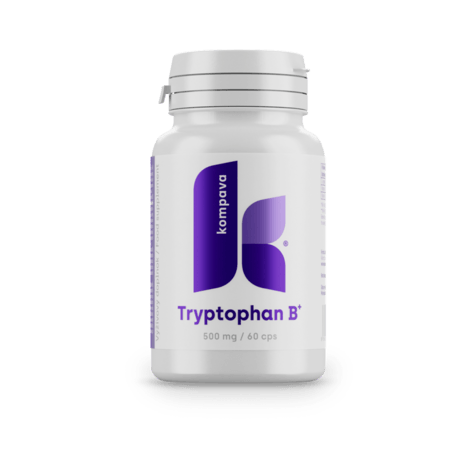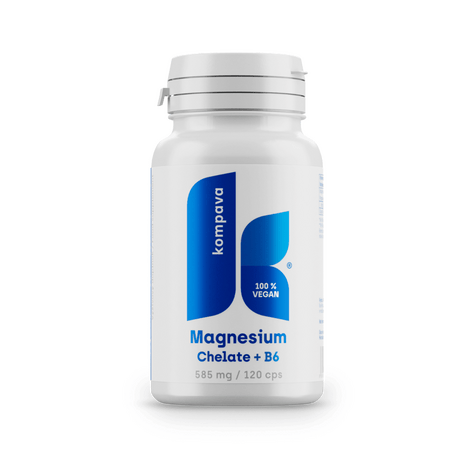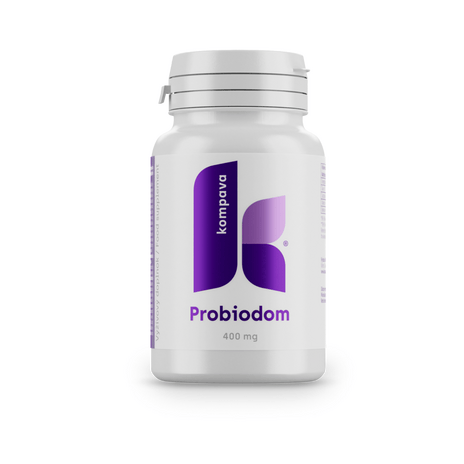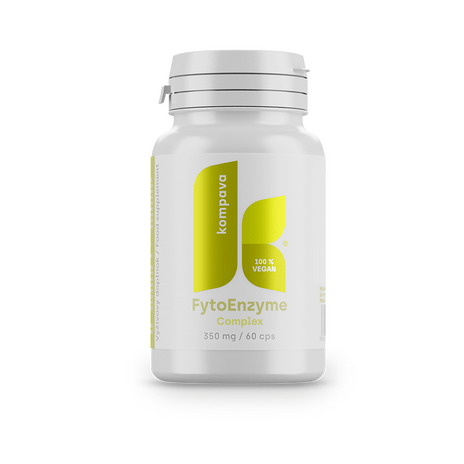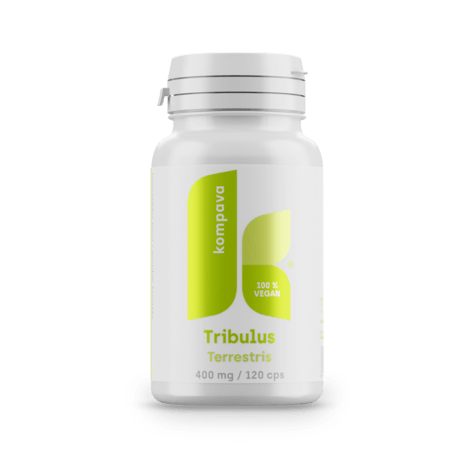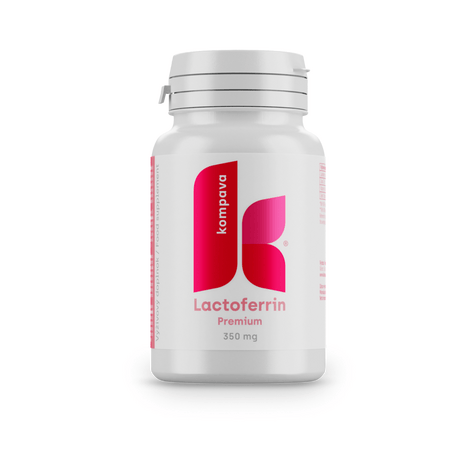Obsah
Stressful situations do not pass from time to time for any of us. Stress is the body's natural response to changes that result in physical, emotional and intellectual changes in the human body. The human body is designed to be able to handle an appropriate dose of stress and then respond to it.
Coping with stressful situations helps the body to adapt to constantly new life situations. Stress can be positive, which keeps you motivated, focused. For example, if you are waiting for a significant test or exam (short-term situation), a stress response can significantly help the human body to work harder in preparation. Stress, on the other hand, becomes the enemy if the body is not given relief or a period of relaxation and stress levels remain elevated in the long run.

Chronic stress can cause various illnesses and affect your overall well-being. Symptoms of chronic stress include:
- Irritability,
- anxiety
- depression,
- headache,
- insomnia,
- high blood pressure.
Diagnosis of chronic stress
Stress is subjective in nature and is therefore not generally measurable. Only the person experiencing it can truly determine its presence and seriousness. Your doctor may use various questionnaires to understand your stress and its subsequent effects on your quality of life.
In the case of chronic stress, the doctor can examine and evaluate the symptoms that persistent stress causes. For example, it can diagnose and treat problems with high blood pressure.
By using conventional anti-stress drugs, you may be able to control stress for a period of time, but their long-term use is more harmful than beneficial to the human body. They damage internal organs and increase the risk of addiction.
"Natural helpers" are a much safer and more suitable choice for successful coping and overcoming stressful situations, this includes:
- CBD oil - helps relieve stress, mood swings and anxiety. It has a positive effect on the endocannabinoid system and protects the nervous system. It affects the production and activity of serotonin, the hormone of happiness. It is also suitable for people suffering from restless sleep.
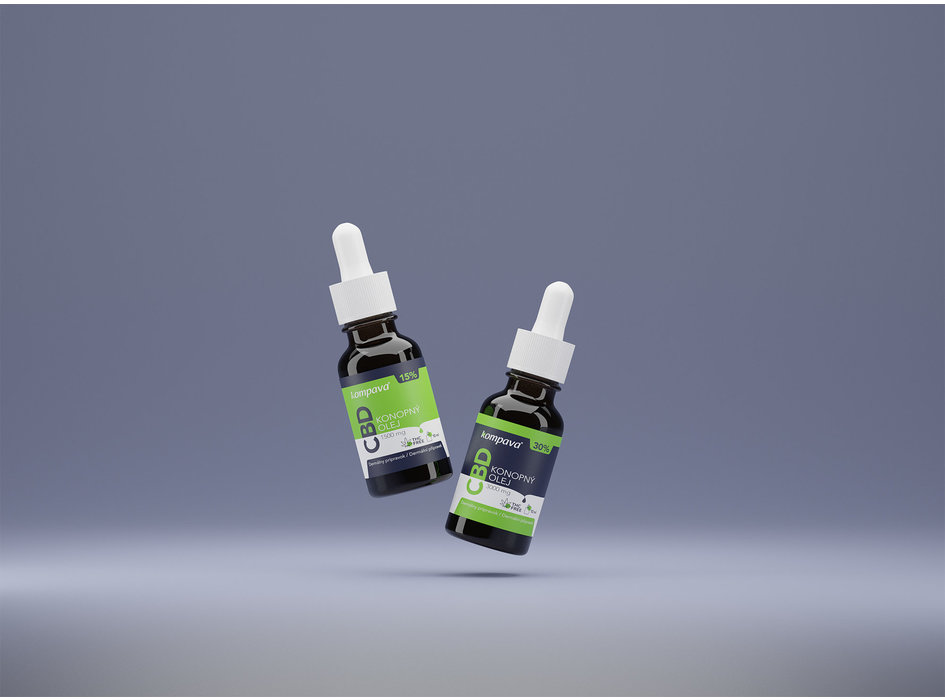
- DLPA extra - A natural nutritional supplement containing the amino acid phenylalanine. It is designed to improve mood, eliminate mental fatigue and reduce excessive appetite.
- Tryptophan B + - It can effectively help eliminate insomnia, it helps to improve mood. In addition to the essential amino acid, L-tryptophan contains vitamins B6 and B3, which convert L-tryotophan to serotonin and melatonin.
- Premium L-Carnosine - Thanks to the content of carnosine, coenzyme Q10 and vitamin E, it fights against the aging of the body and replenishes lost energy to cells. It is advisable to use it during a period of stress and loss of vitality.
- K2 Anti Age - By frequently overcoming stress, mitochondria become clogged by the deposition of toxic and harmful substances, which prevents their full functioning. The result is fatigue and exhaustion, a decrease in body and mind activity and also an increased susceptibility to stress.
- Magnesium chelate - Magnesium chelate is the best and most effective form of magnesium on the market. It has high absorption and usability, thanks to which it helps people who feel frequent fatigue, stress or exhaustion. It is enriched with vitamin B6.
Central nervous and endocrine system
The central nervous system (CNS) formed by the brain and spinal cord is responsible for the body's response to a stress stimulus. In the brain, the hypothalamus is awakened and information is sent to the adrenal glands to release the stress hormones adrenaline and cortisol. These hormones speed up the heartbeat and direct blood flow to the areas that need it most in an emergency - muscles, heart and other important organs.
In the case of stress relief, the hypothalamus sends information about the return of the organism to a normal, normal state by a reactivated system. If the CNS does not return to rest, the reaction will continue.
Respiratory and cardiovascular system
When overcoming a stressful situation, you breathe faster in an effort to quickly distribute oxygen-rich blood to your body. If you suffer from breathing problems, stress can make breathing even more difficult.
The vital organ of the human body - the heart - also works faster in stress. Stress hormones cause blood vessels to narrow and blood pressure to rise. Therefore, if the stress stress persists for a long time, the risk of a stroke or heart attack increases.
Digestive system
As a result of stress, glucose in the blood increases, which supplies the body with energy. In the case of long-term, chronic stress, the human body may not be able to cope with the extraordinary increase in glucose, which increases the risk of developing type 2 diabetes.
Stress alone does not cause stomach ulcers, as it is used to say. These are caused by the bacterium Helicobacter pylori, but stress creates suitable conditions for its cause and can also cause the activation of pre-existing ulcers.
Hormonal fluctuations, rapid breathing or increased heart rate can disrupt the proper functioning of the digestive system, which is often manifested, for example, by constipation, with which it can effectively curb regular consumption of fiber. Also pain, bloating or other discomfort. If these symptoms occur, it is advisable to take probiotics, effective vitamin U or digestive enzymes, which contribute to the protection and restoration of the functioning of the digestive tract.
The immune system
Stress intensifies the functioning of the immune system, which can be beneficial for the human body, but only in the case of stress that lasts for a short period of time. Such occasional and short-term stimulation of the immune system can help you avoid various infections.

However, in the case of prolonged stress, the immune system weakens. People suffering from chronic stress are more prone to viral diseases such as the flu or colds, and also tend to recover from illnesses or injuries for a longer period of time.
To strengthen the immune system in the period of various viruses, be sure to reach for effective nutritional supplements that will strengthen the body's resistance:
- Vitamin C - Vitamin C supports the immune system, detoxifies the liver and reduces oxidative stress.
- Premium Lactoferrin - a product that binds iron to itself, transports it and has a positive effect on the immune system. It contains lactoferrin, a glycoprotein that is one of the most potent immunostimulatory natural means to support immunity.
- Premium Colostrum - contains certified cow colostrum with a guaranteed content of immunoglobulins. It is the source of many substances that strengthen the immune system.
- Vitamin D3 - Vitamin D3 supports the immune system and contributes to the proper absorption of calcium and phosphorus.
- L-lysine Extra - L-lysine is an effective natural substance in the fight against viruses. It favorably supports the function of the immune system and helps prevent the outbreak of various viral infections.
Reproductive system
Stress is exhausting for the body and mind. Loss of sexual desire is not uncommon in the case of long-term stress.
Conversely, short-term stress can cause men to produce more of the male hormone testosterone. If stress lasts for a long time, testosterone levels gradually begin to fall below normal values, which can lead to erectile dysfunction or impotence. Chronic stress also increases the risk of infection of male reproductive organs such as the prostate and testes.
The proper functioning of the reproductive system of the male organism can support the most effective natural stimulant for men - Tribulus terrestris. It supports the function of the genitals, regulates the level of testosterone, which contributes to the balance of hormonal activity.
In women, stress can affect the menstrual cycle. Long-term exposure to stress leads to irregular, more difficult or more painful periods. Chronic stress can also exacerbate the physical symptoms of menopause. The cannabinoids contained in hemp, available in the form of CBD oil, can work effectively to alleviate them.

Stress management
To keep a healthy body, it is important to keep stress under control, as long-lasting stress weakens, prevents you from enjoying life to the fullest and takes away simple, everyday joys.

Here are some tips to help you manage stress:
- Try relaxation activities - meditation, yoga and various breathing exercises.
- Take care of your body every day - proper diet, exercise and enough sleep will help your body manage stress much better and easier.
- Stay positive and grateful.
- Accept the fact that you don't have much control over everything. Find ways to get rid of worries about situations you can't change.
- Learn to say "no" to other responsibilities if you are too busy or under long-term stress.
- Stay in touch with people who make you happy, provide emotional support and help you.
__________________________________________________
Resources
https://www.ncbi.nlm.nih.gov/pmc/articles/PMC5579396/
https://www.emerald.com/insight/content/doi/10.1108/17410401011052869/full/html
https://www.tandfonline.com/doi/abs/10.3109/01485018408987495
https://bmcresnotes.biomedcentral.com/articles/10.1186/1756-0500-4-238
https://www.healthline.com/health/stress#types
https://www.apa.org/topics/stress/body
https://www.webmd.com/balance/stress-management/effects-of-stress-on-your-body



